The Ungrateful Stranger: Whose Story Deserves Welcome?

An immigrant novelist reflects on the opportunities extended to her by the American publishing industry—and challenges the notion that she should be grateful to be given any kind of welcome.
Jump to navigation Skip to content
Articles from Poet & Writers Magazine include material from the print edition plus exclusive online-only material.

An immigrant novelist reflects on the opportunities extended to her by the American publishing industry—and challenges the notion that she should be grateful to be given any kind of welcome.
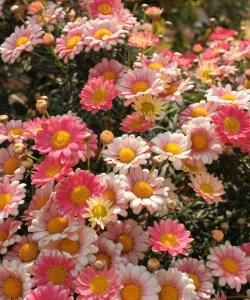
Write a poem that uses the language of flowers to share a secret, a scene where a young person expresses their thoughts about a parental figure, or an essay based on the logic of your own dreams.
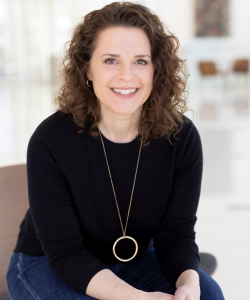
A novelist describes her exposure to a multitude of scientific disciplines as the writer-in-residence at the Wisconsin Institute for Discovery and shares how exploring something completely new has lent fresh energy to her work.

Write a poem that uses the metaphor of a bridge to represent a complex family dynamic, a short story that reconceptualizes historical fiction, or a lyrical essay that reflects on the stages of returning to a former self.
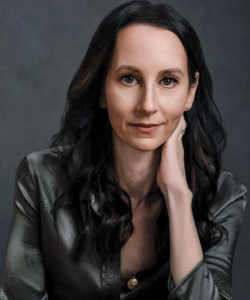
Books centering mothers are often lumped into one category by the publishing industry, flattening the nuanced and varied experiences of this group into a one-size-fits-all niche. A memoirist asks the industry to do better.
Writers share how they approach the writing life where they live, their personal points of view on the literary community (both small and large) and their place within it, and what resources are available to them as writers who don’t live in a metropolitan area.

Every poetry collection has its “maybes” and “almosts,” the poems that didn’t make it to publication. A debut poet considers the poems that haunt a book from the outside.

The author of Border Less describes how audience responses to her debut novel’s play with form led her to wonder about the greater implications of the Western fixation on realism as the accepted novel style.
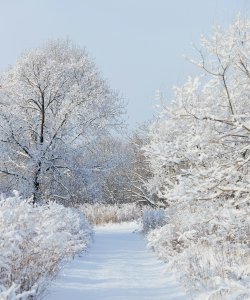
Write a poem about the pains and pleasures of cold weather, a short story that brings together an unexpected series of events, or an essay that contemplates companionship.
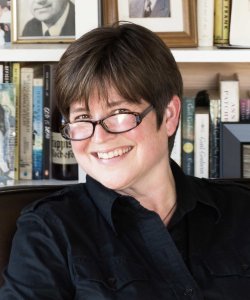
A novelist based in rural Maine shares how she creates community—by reading her literary ancestors, engaging with living writers all over the state, and hosting an online writers studio—all while dispensing with the archetype of the lonely writer.
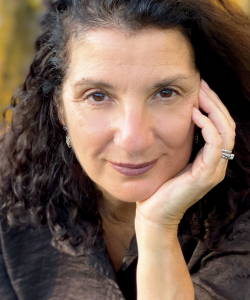
Before the author of Barnflower was a writer, she was a farm kid. The memoirist shares moments from her book tour, which included meeting cows and visiting corn mazes alongside reading at local bookstores and reconnecting with friends.

After years spent on frustrating, time-consuming drafts, creating visual models helped one writer to assess the current state of a manuscript, estimate a completion date, and build confidence.
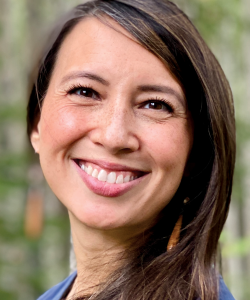
From her home just outside of Fairbanks proper, a poet subverts mainstream Alaskan imagery to conjure the reality of her writing life, which includes a local waste transfer site, muddy shoulder seasons, and slow internet.
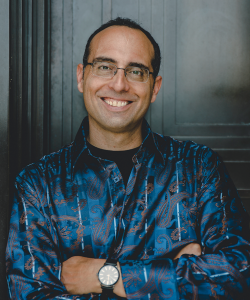
A poet explores the struggle to balance his roles as writer, educator, and activist during the war in Gaza and the refusal of silence during a conflict that has killed tens of thousands of civilians.
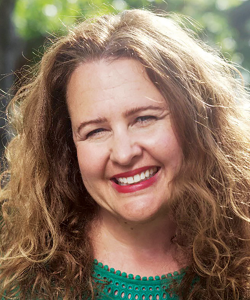
Rejection of your work can be crushing, especially when the subject of your writing is personal. A writing teacher and book coach recounts her experience being guided and then stood up by an agent who expressed interest in her book.

Even though ChatGPT can replicate and regurgitate the texts it has consumed, it still lacks the unique inspiration that lived experience provides for writers. A teacher of creative writing puts the AI chatbot to the test.

The author of Sing Something True recounts the path to writing the memoir she was afraid to write, grieving her identity as a writer after rejection, and finding solace (and representation) after shifting focus away from publication.
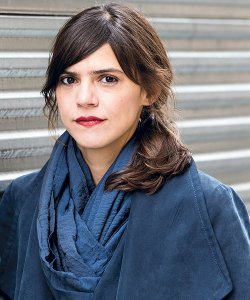
The editor of The Best Short Stories 2022: The O. Henry Prize Winners sees translation as a way of putting a language back in movement by allowing the currents of different languages to mix and blend.
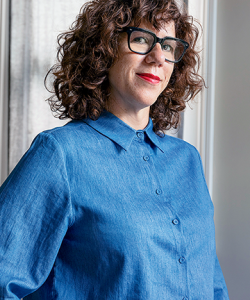
For two weeks in June, more than 15,000 writers from around the world commit to writing a thousand words a day as part of the annual 1000 Words of Summer project.

Advice on becoming a writer ignores the impact of motherhood—and fails to acknowledge the privileges of canonical writers. The author describes learning “to see art-making as a professional possibility” as a brown mother-writer.
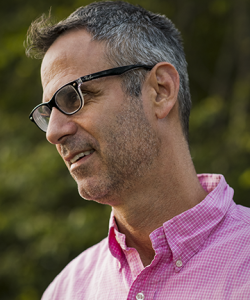
The best-selling nonfiction author describes the craft lessons he drew from the false starts that paved the way for his debut novel, All the Secrets of the World.

The author reflects on finding a mentor in fellow literary outsider Lucia Berlin, long before Berlin’s fame.
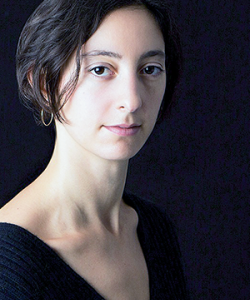
The author examines her personal relationship to the professional work of translation, forms of responsibility unique to the genre, and the complex notion of translation as a labor of love.
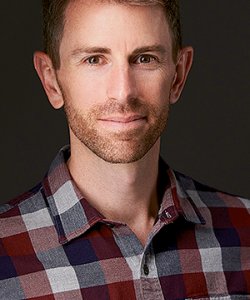
The author of The Step Back offers strategies for short-story writers trying to draft a novel for the first time and shares how a new approach—aiming to pen a thousand pages—led to his first novel.

The poet and essayist reflects on writing during the pandemic and its impact on her creative life and relationship with the writing community.